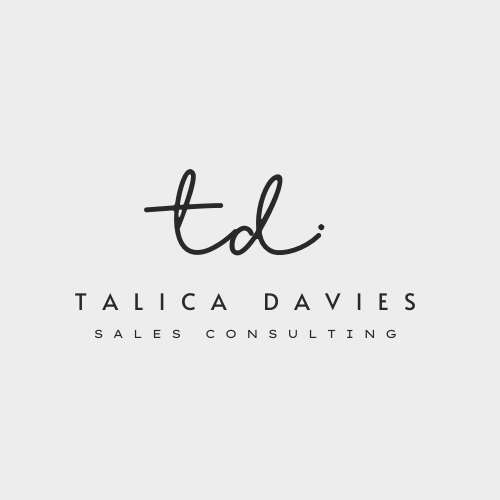The Un-Sell
Several years ago a mentor introduced me to the concept of unselling. We were debriefing a sales conversation I had where, despite my best efforts, the prospect was looking to be convinced. At this point in my sales career I didn’t have the skills to identify this, and would often ‘take the bait’ and launch into sales mode. Quickest way to kill a sale :) Now I know better. Now I know that prospects looking to be convinced are telling me one of two things:
They are not far enough along on the awareness continuum and require more education and nurturing.
They are simply not a fit and need to be unsold.
Unselling is the act of sharing that you don’t believe your product or offer is the right fit for your prospect. It should be done with great respect and care and is almost always the best way to preserve your integrity as a sales person and the experience your prospect has with your brand. Convincing unfit or unaware prospects not only negatively impacts your close ratio, it results in uncomfortable scenarios where you’ve made an offer to a prospect who is clearly not in a position to accept it.
Knowing how to identify where your prospect is on the awareness continuum and using that to guide your sales conversation and make a decision about whether you’ll make a powerful offer or not is a critical skill for any salesperson. Here are some ways to identify whether your prospect is in need of more nurture, or in need of being respectfully unsold:
Prospect is Problem, Solution or Product Unaware
If you are speaking with someone that is either problem, solution or product unaware this will be a tough sell. While not strictly impossible to close them in a conversation - time is precious and that’s A LOT of information to cover in one conversation. A prospect that expresses fear/doubt/worry due to a lack of awareness still has the potential to close - they simply need more education and nurture. You can do this through a multiple conversation close, or by directing them back to additional resources or your consistent nurture sequence (webinars, marketing materials etc).
PRO TIP: Make note of trends expressed by prospects who are in need of additional nurturing and use this in your marketing so these fears/doubts/worries can be proactively addressed.
When the Want and Need Aren’t Aligned
All competent salespeople should be able to identify what their prospect needs vs what they want. ‘Sell them what they want, give them what they need’ - positioning 101. If you’ve done your best positioning and the prospect is still unconvinced, it might be time for an unsell. For example: I sell high ticket 1:1 coaching and group programs. Most everyone I speak to wants private coaching, but often times are neither far enough along in their business for it to make sense or are not in a position to shell out the dollars. Often this type of objection can be easily handled in a conversation but if they are adamant that they need something I’m not prepared to give them - I unsell. That will typically sound something like this “Hey, I totally get it, and that’s not what we do here. Can we help you? 100% From our perspective we are best suited to do that in program X but if that’s not what you want, then we’re not the company for you!” If a prospect tells you they want something different from what you have to offer - unsell them. Don’t waste your time selling/telling/convincing even though you know they’d benefit from what you have to offer.
Knowing when to unplug a sale, or direct a prospect back to resources that can continue to educate them is the single most freeing gift you can give yourself as a salesperson. I won't lie - it’s hard to unsell, especially for people that are naturally driven by closing. It’s hard not to want to persuade people to say yes BUT you open yourself up to a world of hurt by introducing unfit prospects into your business and you jeopardize your integrity by putting yourself in a situation where you are selling/telling/convincing. Your power as a salesperson lies in making powerful invitations to qualified, fit prospects, and trusting yourself to recognize when someone needs more nurture, and when someone needs to be unplugged.
